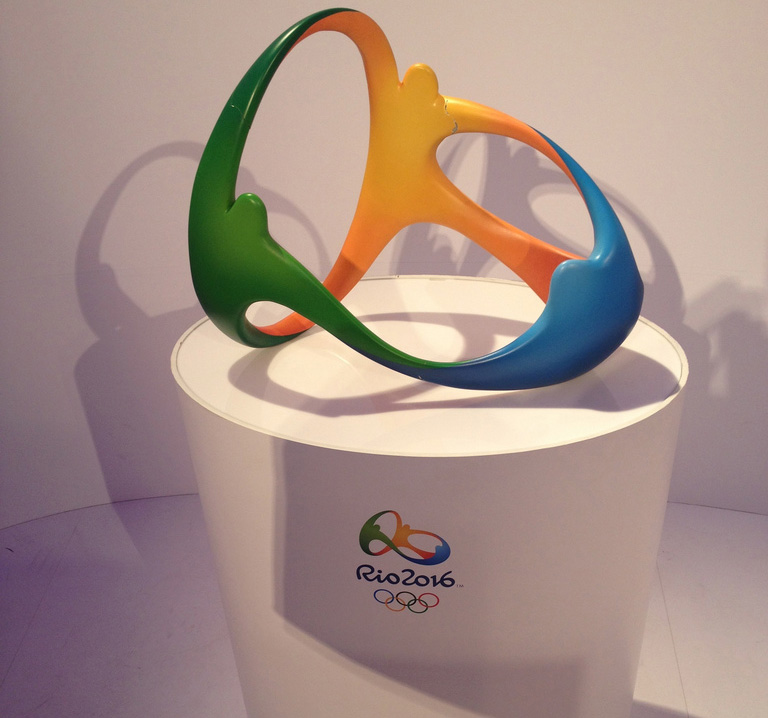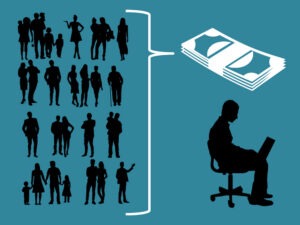
August 6, 2016; Mother Jones
More than 550 American athletes are competing in this summer’s Olympic Games. Another 250 will compete in the Paralympic Games in September. For many, particularly those competing in lesser-known sports, the battle to fund training and travel to the Games almost overshadows the competition itself.
Gregory Brigman’s passion for soccer began as a child. He suffered from cerebral palsy, and after years of wearing a leg brace, surgery, and physical therapy, he eventually played for UNC Charlotte. After graduating, he worked as an engineer at a local civil engineering firm. In March of this past year, he became a member of the U.S. Paralympic team. Realizing he could not successfully train and work, he left his job and began training full-time.
Fortunately, the U.S. Soccer Federation funds the majority of his expenses, but he quickly realized that a small amount of living expenses for himself and his family were not covered. He turned to GoFundMe in late July. He’s asking for $6,000, and is nearly halfway to his goal after one month.
Sign up for our free newsletters
Subscribe to NPQ's newsletters to have our top stories delivered directly to your inbox.
By signing up, you agree to our privacy policy and terms of use, and to receive messages from NPQ and our partners.
Gregory is part of a growing list of athletes turning to crowdfunding sites for help in funding their training and travel to Rio. GoFundMe is the most popular and has catered to Olympic and Paralympic athletes. The site has a single landing page for athletes’ campaigns, and by the month before the games, it had connected almost 4,000 donors to ninety campaigns, raising more than $400,000.
Among the other crowdfunding sites supporting Olympic and Paralympic athletes, RallyMe serves as the official campaign site for the U.S. Ski Team, U.S. Cycling, and U.S. Bobsled teams. RallyMe donors often receive a small thank-you gift, such as a mention on the team’s social media, in exchange for their participation in the rally or fundraising campaign.
American athletes are creating these crowdfunding campaigns because, unlike many other countries, the U.S. Olympic team is not government-supported. The U.S. Olympic Committee is a nonprofit organization and solely represents athletes competing in the Olympic and Paralympic games. It depends on the generosity of individuals and corporations to support team facilities, send athletes to competitions, and compensate its staff. American athletes are not the only ones not supported by government funding; Australian athletes are also heavily dependent on crowdfunding.
Successful crowdfunding campaigns share elements of other successful fundraising campaigns. Athletes need a compelling story. Strong relationships with fans, including a large number following active social media campaigns, are also essential. These efforts cannot be turned on every four years but take years to build and considerable efforts to maintain.—Gayle Nelson












